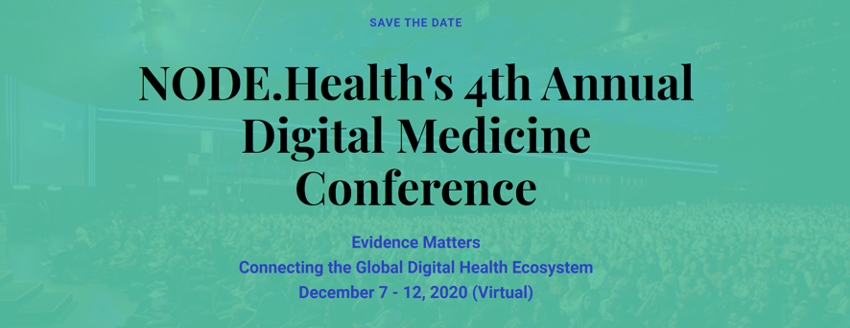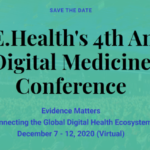There is no clear association between attesting to the meaningful use of electronic health records and improvements in the quality of patient care, according to a study published in JAMA Internal Medicine, Health Data Management reports.
Under the 2009 federal economic stimulus package, health care providers who demonstrate meaningful use of certified electronic health record systems can qualify for Medicaid and Medicare incentive payments (Slabodkin, Health Data Management, 4/15).
Study Details
For the study, researchers compared the quality scores of 540 physicians at clinics affiliated with Brigham and Women’s Hospital in Boston who had achieved meaningful use of EHRs with the scores of 318 physicians who had not attested to meaningful use (Terry, Medscape, 4/14). The study was conducted over a three-month period in 2012 (Durben Hirsch, FierceEMR, 4/15).
Specifically, the researchers assessed the improvements of seven clinical quality measures for five chronic diseases:
- Asthma;
- Coronary artery disease;
- Depression;
- Diabetes; and
- Hypertension.
Study Findings
The study found that meaningful use was associated with slightly improved quality scores for patients who had:
- Diabetes; and
- Hypertension.
However, it found that physicians who achieved meaningful use had lower quality scores for patients with:
- Asthma; and
- Depression.
The other three measures did not reflect any change in quality scores between providers who had achieved meaningful use and those who had not (Bresnick, EHR Intelligence, 4/15).
Reaction
In an accompanying commentary, researchers from Weill Cornell Medical College said the study raises important questions about how to measure the value and effects of the meaningful use program. They wrote that “EHRs appear to be associated with a higher quality of care, but it is not known whether achieving [meaningful use] per se will result in greater quality gains than adoption of EHRs without achieving” meaningful use (FierceEMR, 4/15).
The researchers also questioned the reliability of the study because it was based on automated algorithms for mining quality data, which only capture data entered in structured fields.
However, Lipika Samal, lead researcher from Brigham and Women’s Hospital’s Division of General Medicine and Primary Care, said that the integrity of the data “wasn’t much of an issue for us.” She added, “The issue of not having structured data doesn’t apply to our health system as much as to other health systems. You can trust the data we have” (Medscape, 4/14). Source






























